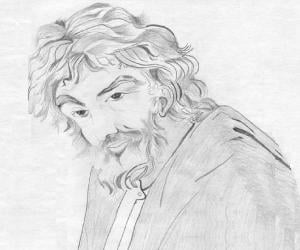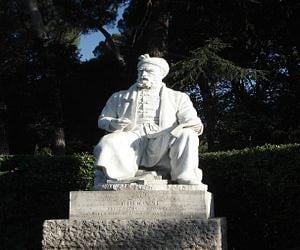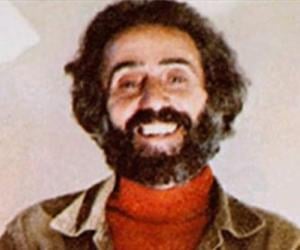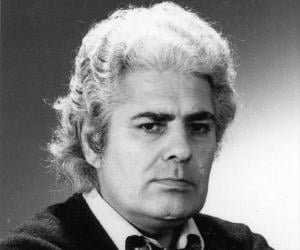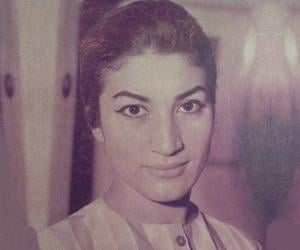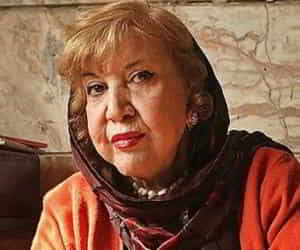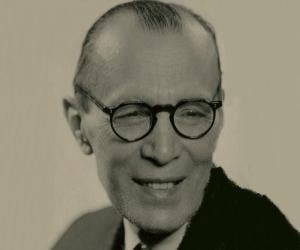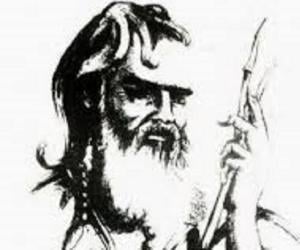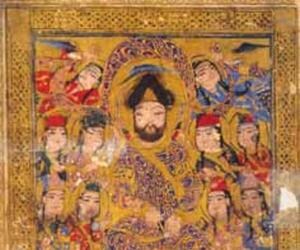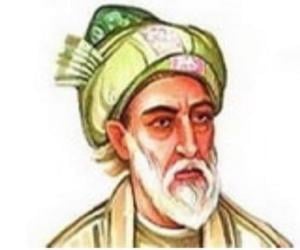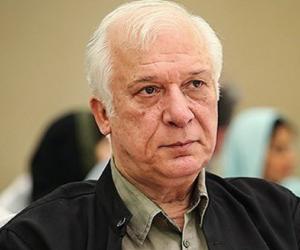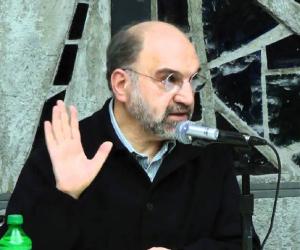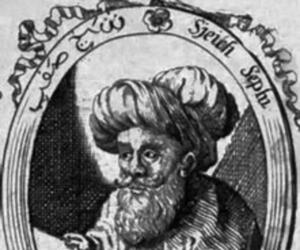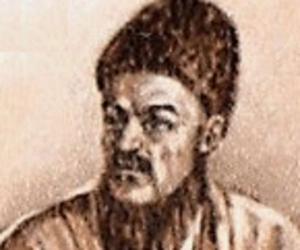1
Hafez
(14th Century Persian Lyric Poet)

37
5
Birthdate: 1325 AD
Birthplace: Shiraz, Iran
Died: 1390 AD
Khājeh Shams-od-Dīn Moḥammad Ḥāfeẓ-e Shīrāzī, known as Hafez, was a renowned Persian lyric poet. His collected works are considered a pinnacle of Persian literature, influencing post-14th century Persian writing significantly. Hafez's Divān, a collection of his poems, showcases his antinomian and theosophical style, primarily focusing on the genre of lyric poetry or ghazals. As a Sufi, his themes revolve around love, faith, and exposing hypocrisy, often expressing religious ecstasy and freedom from restraint. Hafez's enduring influence is seen in divination, traditional music, visual art, and calligraphy within Persian culture.
